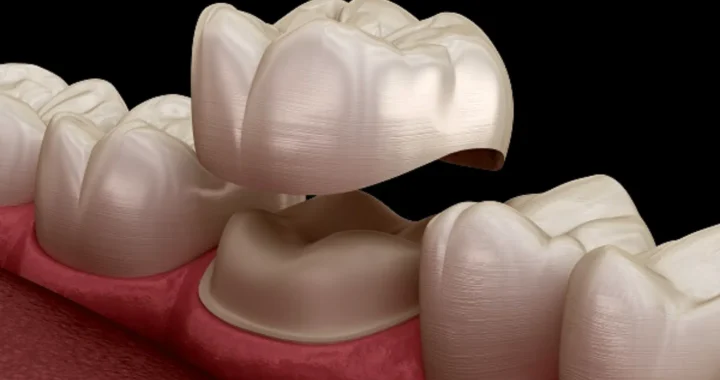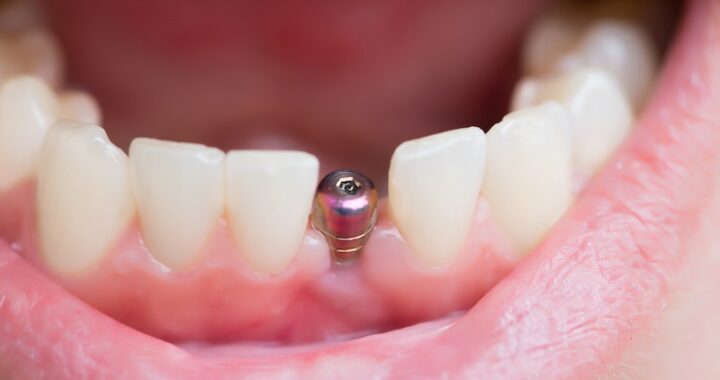Understanding the Different Types of Tests Offered at Diagnostic Centers

A blood sample being held with a row of human samples for analytical testing including blood, urine, chemistry, proteins, anticoagulants and HIV in lab
St. Michael’s Elite Hospital is one of the many diagnostic centers that offer a wide range of tests to help diagnose and treat various medical conditions. These tests are crucial in providing accurate and timely diagnoses, which is essential in ensuring proper treatment and care for patients. In this article, we will explore the different types of tests offered at diagnostic centers and their importance in diagnosing different medical conditions.
Blood Tests
Blood tests are one of the most common diagnostic tests performed at diagnostic centers. These tests can be used to diagnose a wide range of medical conditions such as anemia, infection, and cancer. Blood tests can also be used to monitor the effectiveness of a treatment plan. They involve taking a small sample of blood from the patient, which is then sent to a laboratory for testing.
Radiology Tests
Radiology tests include x-rays, CT scans, MRI scans, and ultrasounds. These tests use imaging technology to produce detailed images of the body’s internal structures. Radiology tests can be used to diagnose a variety of medical conditions such as broken bones, tumors, and internal bleeding. They are non-invasive and usually painless procedures. For diagnostic radiology job click here.
Cardiac Tests
Cardiac tests are used to evaluate the heart’s function and diagnose heart conditions. These tests include electrocardiograms (ECGs), stress tests, and echocardiograms. ECGs measure the heart’s electrical activity, while stress tests evaluate the heart’s function during physical activity. Echocardiograms use sound waves to produce images of the heart’s structures and function.
Urinalysis
Urinalysis is a diagnostic test that examines a patient’s urine for abnormalities. This test is used to diagnose various medical conditions such as kidney disease, urinary tract infections, and diabetes. Urinalysis involves collecting a small sample of urine from the patient, which is then sent to a laboratory for testing.
Genetic Tests
Genetic tests are used to diagnose genetic disorders and evaluate a patient’s risk of developing certain medical conditions. These tests involve analyzing a patient’s DNA for specific genetic mutations or abnormalities. Genetic tests can be used to diagnose conditions such as cystic fibrosis, sickle cell anemia, and Huntington’s disease.
Conclusion
Diagnostic centers offer a wide range of tests to help diagnose and treat various medical conditions. These tests are essential in providing accurate and timely diagnoses, which is crucial in ensuring proper treatment and care for patients. Blood tests, radiology tests, cardiac tests, urinalysis, and genetic tests are just a few examples of the types of tests offered at diagnostic centers. If you are experiencing any medical symptoms, it is essential to seek medical attention and undergo the necessary diagnostic tests to ensure proper treatment and care.


 Innovations in Health Screenings: Exploring the Latest Technologies in Clinic Services
Innovations in Health Screenings: Exploring the Latest Technologies in Clinic Services  Dental Crowns –Restoring Strength, Function, And Aesthetics.
Dental Crowns –Restoring Strength, Function, And Aesthetics.  One-Person Wonder: Making Waves in the Massage Industry in Gunma
One-Person Wonder: Making Waves in the Massage Industry in Gunma  How Cataract Surgery in Nashville Improves Vision and Quality of Life
How Cataract Surgery in Nashville Improves Vision and Quality of Life  Maintaining Oral Health: The Role of Dentists in Richmond
Maintaining Oral Health: The Role of Dentists in Richmond  How to Choose the Best Implant Dentist in Sheffield: A Guide
How to Choose the Best Implant Dentist in Sheffield: A Guide